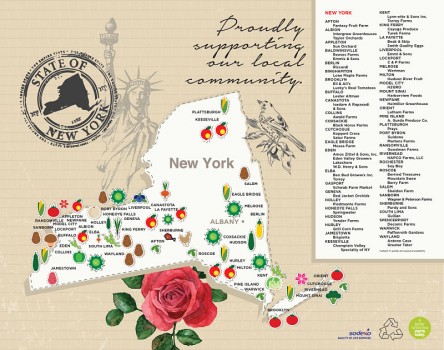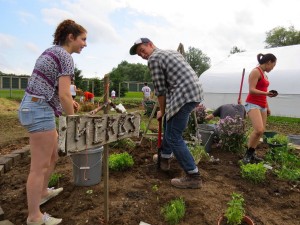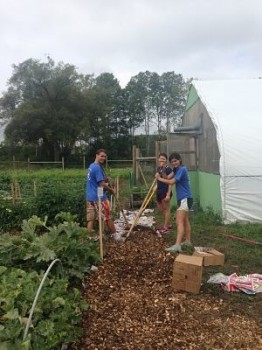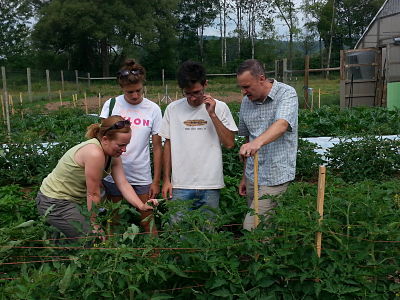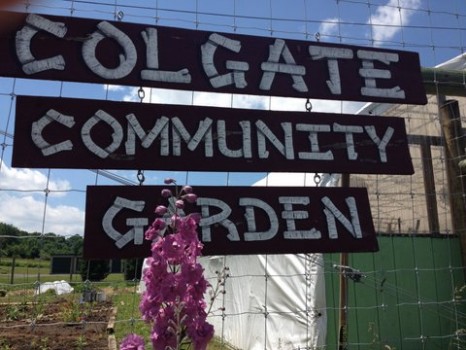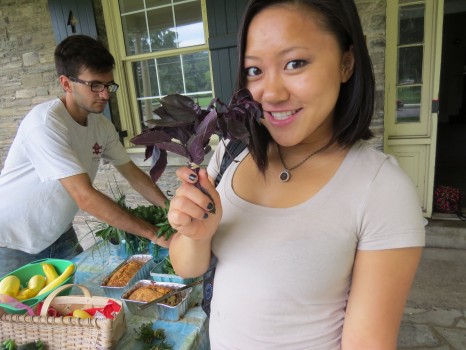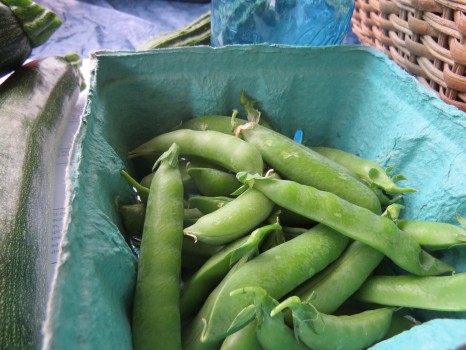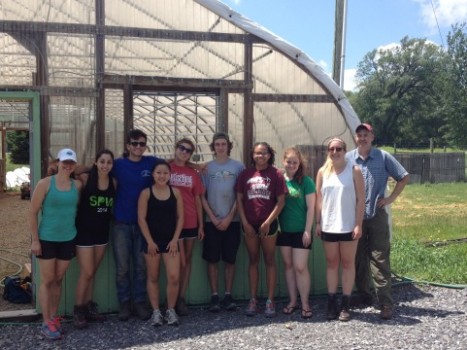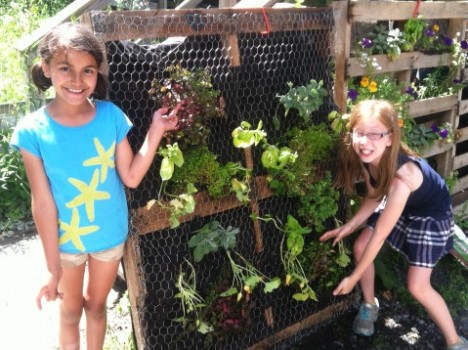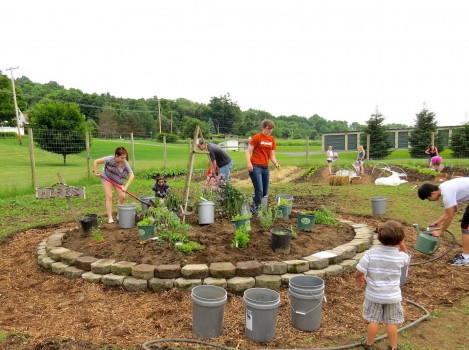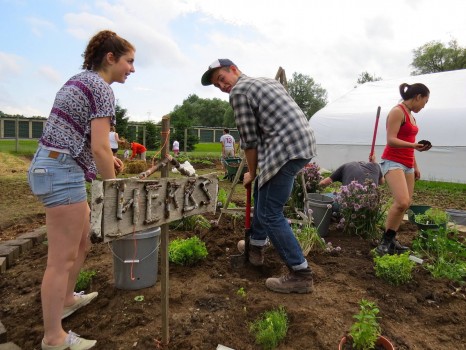Update: January 23, 2015
During spring semester 2015, Sodexo introduced local burgers every Tuesday during lunch and Thursday during dinner at Frank Dining Hall. They are also introducing a new local quesadilla to the COOP in February! These are popular items for students who want to support sustainability and our local economy.
By Emily Adams ‘15, Sodexo sustainability intern & Environmental Geography major and Peace and Conflict Studies minor
I am very passionate about advancing sustainability on campus by sourcing more fresh, local and sustainable foods at Colgate. YUM! For this reason, I was very excited when I became Sodexo’s new sustainability intern on campus. I can’t imagine a more exciting opportunity at this stage in my Colgate experience! Additionally, Sodexo is in the process of hiring a Food Service Manager of Sustainability Programs. Together, we will be working to make positive changes to the dining services here at Colgate.
Colgate’s Sustainable Food Systems Advisory Group – a group of students, faculty, and staff – in partnership with Sodexo are already working together on exciting new initiatives to make food more sustainable on campus. We are working towards goals of enhanced transparency surrounding the sourcing of our food, larger amounts of local and sustainably grown food, increased interaction with and purchasing from local farmers, and reduced food and overall waste.
Sodexo already sources some local foods. However, in the past students had no way of knowing which foods were locally produced. Because it is important to know who is growing our food, we have begun to label local foods throughout our dining facilities. These foods are now being displayed with specific references to the New York town or farm where they are coming from. Additionally, a large map of New York State, which shows where we are obtaining different local foods, now greets students as they enter Frank Dining Hall.
In addition to increased labeling, Frank Dining Hall has started a new weekly Farm-to-Table Sunday dinner in which the entire meal consists of only locally sourced foods. In conjunction with this local dinner, the area farmers who source these meals will be highlighted in weekly fact sheets posted alongside the menus. This will increase knowledge about who is growing Colgate’s food and how it is being produced. Stay tuned as we are also working on developing local burger and quesadilla options for the Coop.
Reducing food waste is another important way to advance sustainability in dining services. For this reason, we will be providing tasting samples of food so that students do not have to take a full portion of a meal to determine whether or not they will eat it. There is also a new “Spotted” reusable mug program where coupons for free 16 oz. hot drinks at any dining location will be rewarded to people seen using reusable mugs on campus.
We are really excited about the future of sustainable dining at Colgate. By sourcing more local and sustainable foods and by reducing our overall waste, we hope to be able to make significant positive changes in every students’ dining experience while also reducing our ecological and carbon footprints. With your help, we know we can reduce energy usage and waste from production, transportation, and storage; support our local economy; and obtain fresher, more nutrient-rich food.


